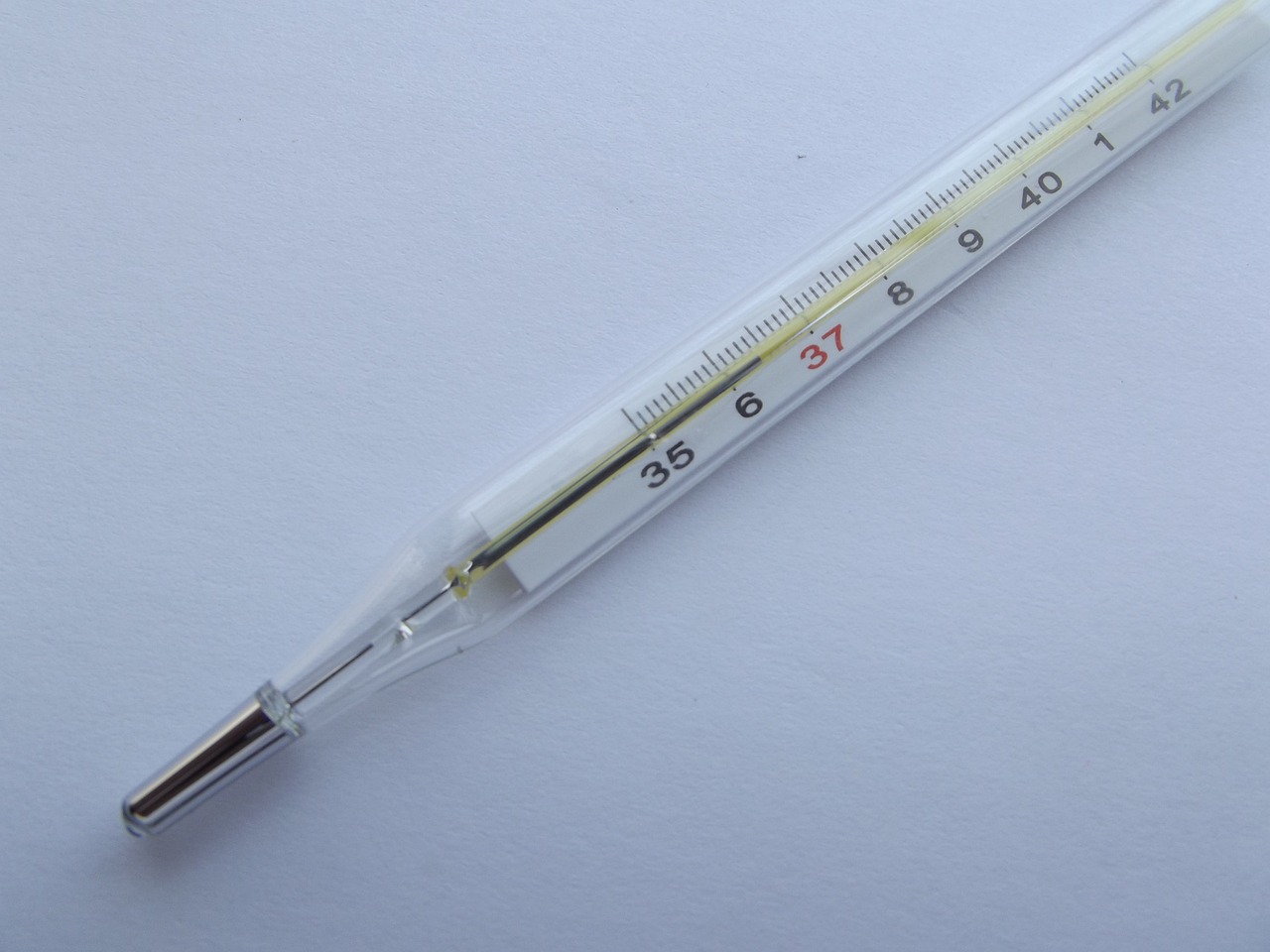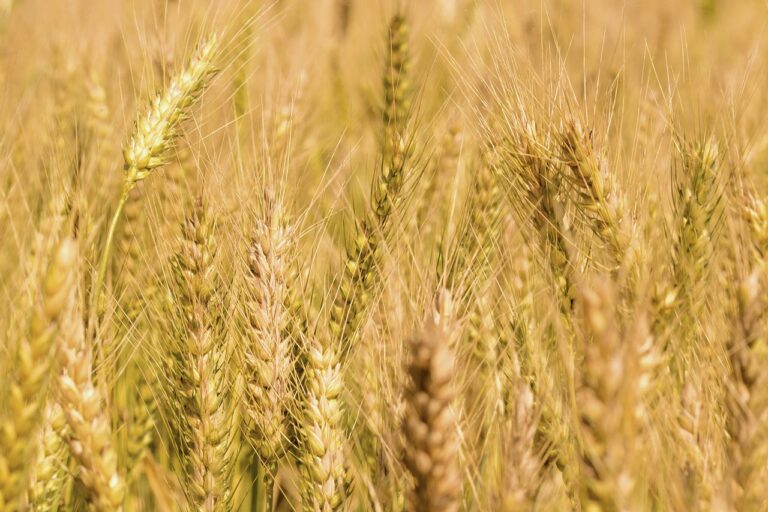The Impact of Diet on Bone Density
bet bhai login, radheexch, lotus365: Bone density is a crucial measure of bone health and can impact a person’s overall well-being. Maintaining optimal bone density is essential for preventing fractures and osteoporosis as we age. While factors such as genetics and physical activity play a role in bone density, diet also plays a significant role in maintaining strong and healthy bones.
Here, we will explore the impact of diet on bone density and provide some tips on how to incorporate bone-healthy foods into your daily meals.
Calcium and Bone Health
Calcium is a vital mineral that plays a key role in maintaining bone density. Our bodies rely on calcium to build and repair bone tissue, and a deficiency in calcium can lead to weak and brittle bones. It is recommended that adults consume around 1000-1200 milligrams of calcium per day to support bone health.
Dairy products such as milk, cheese, and yogurt are excellent sources of calcium. However, if you are lactose intolerant or prefer not to consume dairy, there are plenty of other options available. Some plant-based sources of calcium include tofu, edamame, almonds, and leafy green vegetables like kale and broccoli.
Vitamin D and Bone Health
Vitamin D is another essential nutrient for bone health as it helps the body absorb calcium. Without enough vitamin D, calcium cannot be adequately absorbed, even if you are consuming enough of the mineral. Sunlight is a natural source of vitamin D, but it can also be found in foods such as fatty fish, egg yolks, and fortified dairy products.
If you live in a region with limited sunlight or struggle to get enough vitamin D from your diet, consider taking a vitamin D supplement to ensure you are meeting your daily requirements.
Protein and Bone Health
Protein is necessary for maintaining bone density as it provides the building blocks for bone tissue. However, consuming too much protein, especially from animal sources, may lead to increased calcium excretion and potentially weaken bones. It is essential to strike a balance and incorporate a variety of protein sources into your diet.
Lean meats, poultry, fish, beans, lentils, and nuts are all excellent sources of protein that can support bone health. Aim to include a mix of both animal and plant-based proteins in your meals to ensure you are getting a well-rounded nutrient intake.
Phosphorus and Bone Health
Phosphorus works closely with calcium to build and maintain strong bones. While phosphorus deficiency is rare in Western diets, consuming too much phosphorus in the form of processed foods and sugary drinks may interfere with calcium absorption and lead to bone loss.
Whole foods like whole grains, dairy products, meat, and nuts are natural sources of phosphorus and can help support bone health when consumed in moderation.
Magnesium and Bone Health
Magnesium is another essential mineral for bone health as it helps convert vitamin D into its active form, which is necessary for calcium absorption. Magnesium also plays a role in regulating the hormone that controls calcium levels in the blood.
Foods rich in magnesium include nuts, seeds, whole grains, leafy green vegetables, and legumes. Including these foods in your diet can help ensure you are getting enough magnesium to support bone health.
Frequently Asked Questions
Q: Can I improve my bone density through diet alone?
A: While diet plays a significant role in maintaining bone density, it is also essential to engage in weight-bearing exercise and maintain a healthy lifestyle to support overall bone health.
Q: Are supplements necessary to support bone health?
A: In some cases, supplements may be necessary to ensure you are meeting your daily nutrient requirements. Consult with a healthcare provider or registered dietitian to determine if supplements are right for you.
Q: How can I create a bone-healthy meal plan?
A: Focus on incorporating a variety of nutrient-rich foods into your meals, including calcium-rich foods, vitamin D sources, lean proteins, and whole grains. Aim to eat a balanced diet that meets your individual nutrient needs.
In conclusion, diet plays a crucial role in supporting bone density and overall bone health. By incorporating a variety of nutrient-rich foods into your meals and following a balanced diet, you can help maintain strong and healthy bones as you age. Remember to consult with a healthcare provider or registered dietitian to create a personalized nutrition plan that supports your bone health goals.







